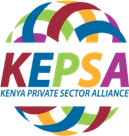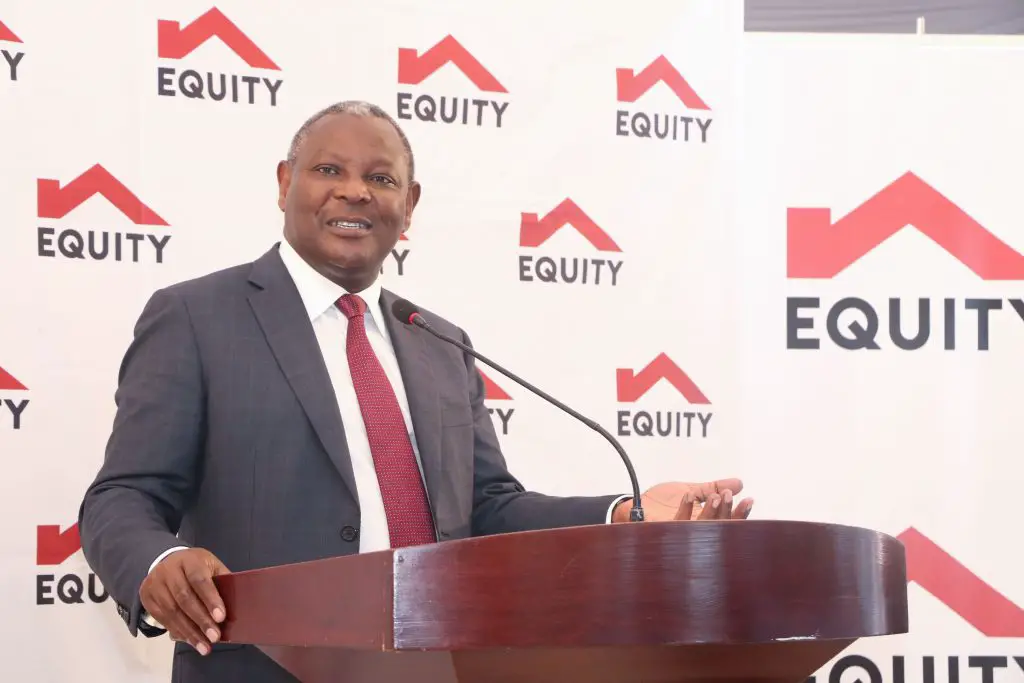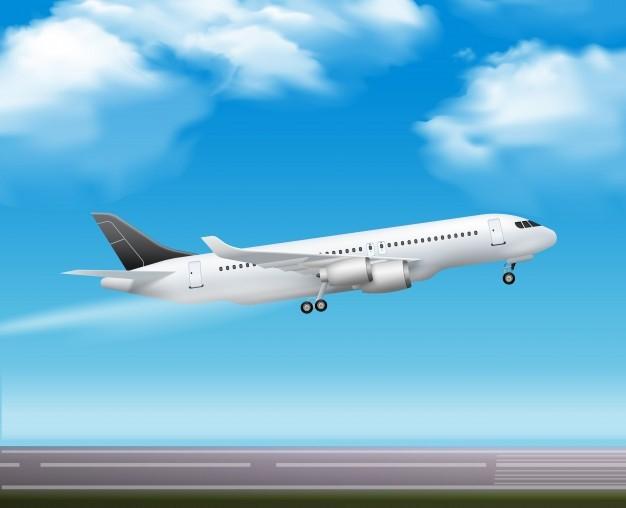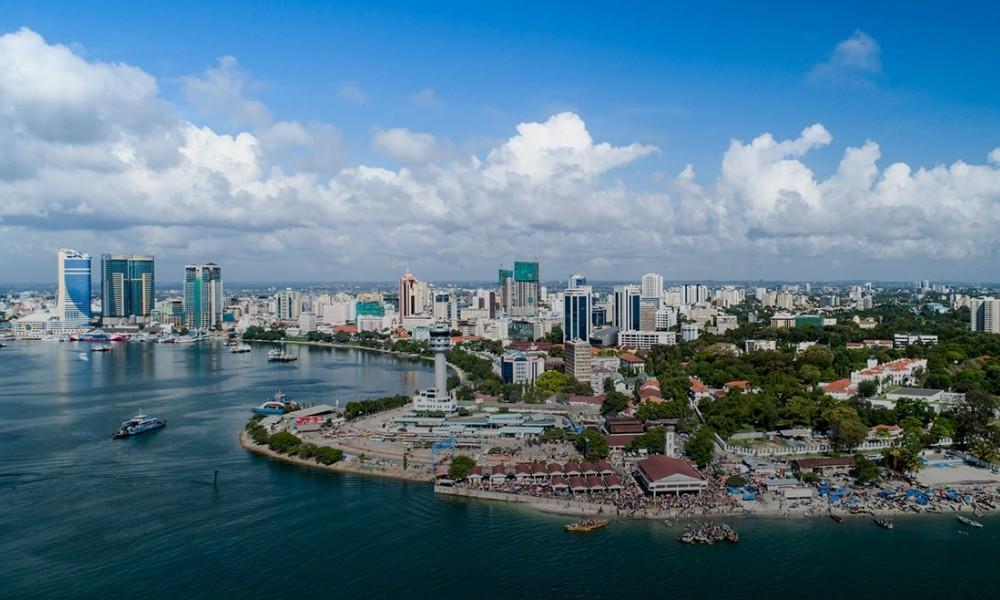- Abu Dhabi radiates optimism as over 300 startups join AIM Congress 2024
- TLcom Capital Raises $154 million in Funding to Boost Its African Growth
- Africa’s $824Bn debt, resource-backed opaque loans slowing growth — AfDB
- LB Investment brings $1.2 trillion portfolio display to AIM Congress spotlight
- AmCham Summit kicks off, setting course for robust future of US-East Africa trade ties
- Why the UN is raising the red flag on the UK-Rwanda asylum treaty
- Portugal’s Galp Energia projects 10 billion barrels in Namibia’s new oil find
- Wärtsilä Energy offers tips on how Africa can navigate energy transition and grid reliability
Month: May 2020
The Kenya Private Sector Alliance (KEPSA) has called on the government to gradually and partially re-open the country to preserve the economy and support health response.
Speaking on Wednesday during a virtual meeting with the government through the office of the National Development Implementation and Communication Cabinet Committee (NDICCC), KEPSA Chief Executive Carole Karuga reiterated that COVID-19 is the new normal and every effort must be made to ensure there is continued economic activity in the country while upholding measures to safeguard the health of its people.
Karuga urged the government to develop a practical recovery strategy that balances health, economy and societal needs with the support of the private sector.
“Coronavirus is the new global reality. We are working hard to protect our people and curb the spread whilst, getting the economy on a recovery path through ensuring both formal and informal sectors resume to normalcy,” Karuga said.
She …
Equity Group Holdings Plc has posted a 14 percent decline in net profit in the first three months of the year to hit Sh5.3 billion, attributable to increasing its loan loss provision by ten fold to Sh3 billion from Sh300 million the previous year.
Profit before provisions was up by 10 percent to Sh10 billion from Sh9.1 billion the previous year.
“The global Covid-19 pandemic has mutated into a global economic crisis, occasioned by a sudden standstill of economic activity as a result of the global lockdown. This has introduced unprecedented uncertainty within the global financial systems prompting us to adopt a conservative approach – fortifying our balance sheet and assuring ample liquidity to support our customers,” James Mwangi Group MD and CEO said.
The Group’s total assets went up by 14 percent year on year growth to Sh693.2 billion from Sh605.7 billion driven by a 17 percent growth in
Barrick Gold Corporation—one of the world’s biggest gold miner, has delivered its first tranche $100 million of the $300 million settlement agreed with the Tanzanian government, regarding the disputes it inherited from Acacia Mining.
According to the miner’s statement, the company’s President and chief executive Mark Bristow, these were landmark events that demonstrated the strength of the partnership the company forged earlier this year through the formation of the jointly owned Twiga Minerals Corporation, which oversees the management of Barrick’s operations in the country.
“This is a striking example of what a true partnership can achieve in building a sustainable business capable of creating long-term value for all stakeholders,” he said.
The settlement tranche originates from the 2017 dispute, where Acacia Mining (Barrick’s subsidiary, taken over last year) was found to be violating several operating procedures, forcing the government of Tanzania to ban the exportation of concentrate.
Hence, the dispute …
The UK will invest up to £20 million in the new ‘African Union Covid19 Response Fund’ to tackle coronavirus and save lives.
This makes the UK the largest national donor to the fund, which was announced by Cyril Ramaphosa, Chairperson of the African Union (AU) and President of the Republic of South Africa last month. It will support African leaders and technical experts to slow the spread of coronavirus and save lives in Africa and worldwide.
The fund will tackle the pandemic by recruiting African health experts and deploying them where they are needed most, strengthening global tracking of the pandemic, combatting potentially harmful misinformation, providing specialist coronavirus training for health workers and making information about the virus more accessible to the public.
Announcing the funding on May 20th, International Development Secretary Anne-Marie Trevelyan said:
…“As the UK faces its biggest peacetime challenge in tackling coronavirus, it’s never been more
Africa remains one of the regions with the greatest growth potential in the world with African organisations focusing their growth strategies beyond borders. With these growth strategies come complex new risks which demand sophisticated cross-border insurance solutions. Doing business between different African countries means that all involved need comprehensive cross-border insurance, as this can protect operations by covering all potential risks that may arise between different legal frameworks. DLA Piper’s Luc Bigel and Hamza Akli share insight on Africa’s challenges in this regard and how to structure an efficient, cost-effective insurance programme for cross border risks.
What are the main challenges to trade in Africa, particularly with regard to potential business loss?
We believe there are two main challenges, depending on the situation in which the investor or partner finds themselves. The first is that of solvency. Indeed, in many African countries there is an obligation to use local players …
The world is in economic lockdown due to the COVID-19 pandemic. No good news is coming out of any media whether mainstream or social media. Never in our lifetime have we witnessed such a magnitude of business and border closures, from developed to developing countries. It is a global problem and therefore, its effects should be measured globally. The coverage of this pandemic by the global and local media clearly indicates the economic problems ahead not only for individuals but also for businesses at large. This calls for a reflection of the effect of this pandemic on the financial sector in Tanzania given the current global and local environment.
A summary of the financial sector in Tanzania shows a composition of thirty commercial banks, six community banks, five microfinance banks and two development finance banks (collectively lenders). The primary function of these lenders is to acquire liabilities through deposits and …
 For those investing and particularly interested in Africa, Guinea-Bissau is a country which, so far, has been “under the radar” for most of the investors.
For those investing and particularly interested in Africa, Guinea-Bissau is a country which, so far, has been “under the radar” for most of the investors.
Located in West Africa, bordering with Senegal and Guinea Conakry, Guinea-Bissau is a relatively small country, with 36.125 sq. Km. Around 25% of the total population (estimated in 2.072.000, by figures of April 2020) is based in the capital (Bissau).
The official language is Portuguese, with some other native languages been used (like Balanka, Fula and Mandinka). French is also spoken, due to the influence of the two neighboring countries. Most of the population is Muslim (45%), with 22,1% of Christians and the outstanding percentage spread by indigenous traditional popular religions. Guinea-Bissau is also characterized by a very high level of young population (the medium average age is only 18 years).
Politics in Guinea-Bissau
The political regime is a constitutional democracy, with …
The Afro-pop, Congolese zouk, and the Nigerian melodies, to mention the least have been the pinnacle of entertainment attention and musical success in Africa over the past decade. The ascension of modern technology, especially the decent access to internet services and gadgets has made Africa to be united in Music.
And yet, an array of Africa’s best musical talents is slated to put the region to a rather vital spotlight on Monday 25, 2020, to raise funds for thousands of people affected by the COVID-19 outbreak.
This means one more, the world will have unmetered access to see how the continent of more than 1 billion people, use music as an aggregator of relief but define the next step towards reopening its $2.5 trillion economies.
The Industry
Africa music industry is undoubtedly growing. Deezer a streaming platform which connects 14 million monthly active users around the world to 56 million …
Air tickets prices could rise up to 54% depending on the region if social-distancing measures in the aviation sector are to be introduced warns the International Air Transport Association.
According to International Air Transport Association Director General and CEO, Alexandre de Juniac , when people return to travelling by air, airlines support a temporarily biosecurity layered approach of passengers wearing face masks as well a masks while on board. Despite accepting the wearing of masks the airlines do not support the social distancing measures that will leave the middle seats empty.
“Airlines are fighting for their survival. Eliminating the middle seat will raise costs. If that can be offset with higher fares, the era of affordable travel will come to an end. On the other hand, if airlines can’t recoup the costs in higher fares, airlines will go bust. Neither is a good option when the world will need strong …
Tanzania’s President John Magufuli has confidently provided directives to his government regarding the reopening of the economy, including tourism, sports, and education.
“The trend shows that coronavirus infections are declining,” said the head of state
President Magufuli who is also the Southern African Development Community (SADC) chairman, gave various directives during a swearing-in event of Tanzania’s ambassadors to Kenya, Algeria and Mozambique and the deputy health minister, at the State House in Dodoma.
Education
Since March, schools, colleagues and universities were shut down as part of the government of Tanzania measures to curb the virus. Hence, due to the less-threatening trend of COVID-19 patients in Tanzania, as argued by Magufuli last Sunday, universities are slated to open by June 1 2020.
“With the fall in Covid-19 cases, we have decided that universities should reopen on June 1, 2020. The relevant ministry should make all necessary arrangements within these nine days …












